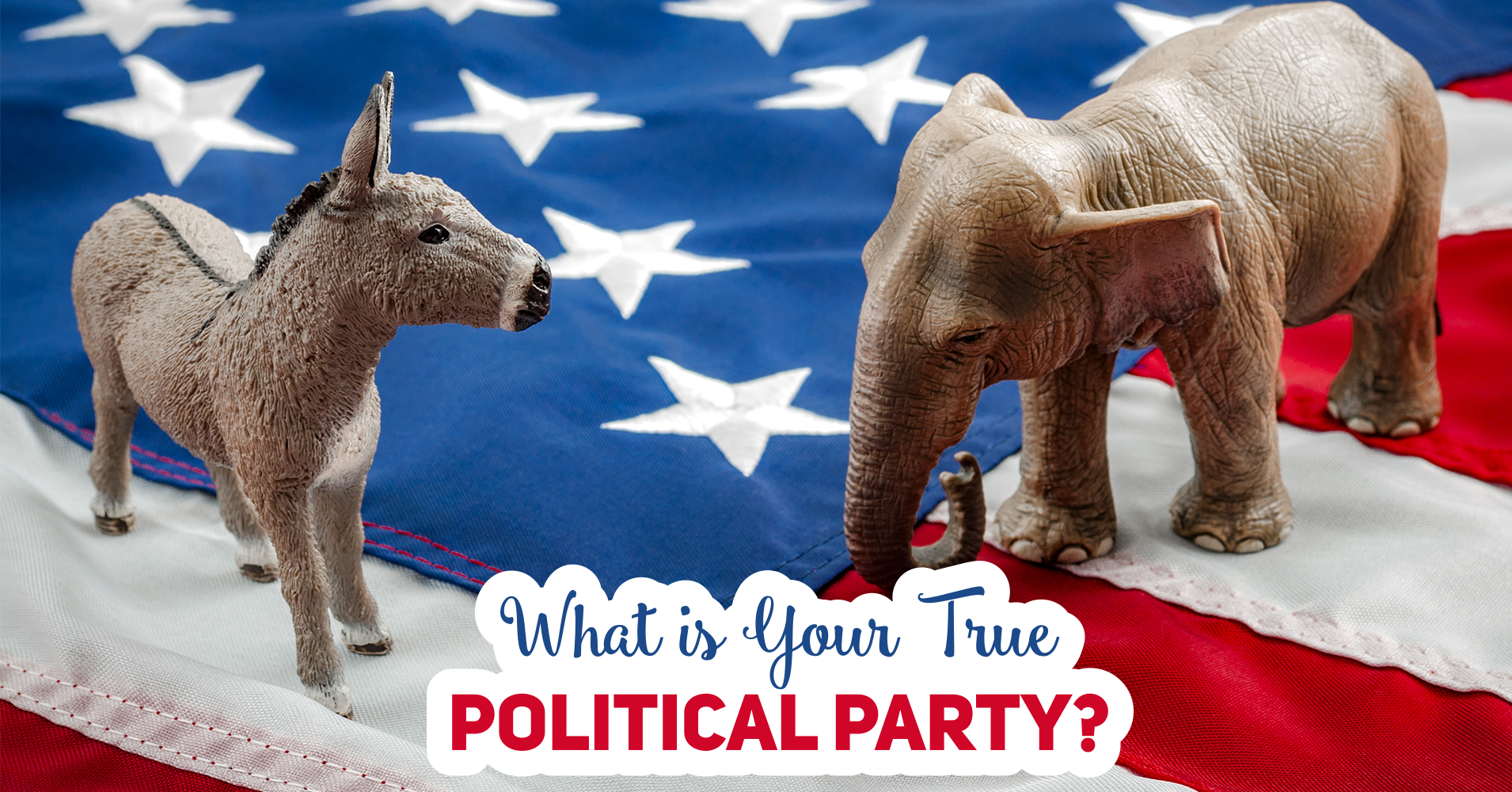

If loyalty is extremely important to you, the research suggests, you might care deeply about supporting the troops, and therefore you might be more likely to be politically conservative. Political conservatives, meanwhile, tend to be more concerned about group-focused “binding” foundations: loyalty versus betrayal, authority versus subversion, and disgust versus purity.
#Poltical party quiz series#
The questionnaire presents a series of declarations such as “It bothers me when people think that nothing is sacred in this world” “I think that men and women each have different roles to play in society” “I would say close friends should always take each other’s side first, and ask questions later.” You rank how much each statement describes your actual beliefs, and the test then tells you where you stand on several moral areas, or “foundations.”Īccording to the researchers who invented the quiz, the issues that most concern political liberals tend to fall under the category of “individualizing” moral foundations, which have more to do with personal standards: care versus harm and fairness versus cheating. In recent years, researchers have devised a way to test these sorts of “moral foundations” with a quiz. Among the factors that shape such deep-seated political preferences, a prominent one is believed to be fundamental moral beliefs-how someone thinks a good society should function or a decent person should behave. In fact, a growing number of people instinctively lunge toward one side of the ballot or the other any time an election comes around. Even though the Democratic nominee has not yet been chosen, many Americans already know exactly which party they’ll be voting for next November.


 0 kommentar(er)
0 kommentar(er)
